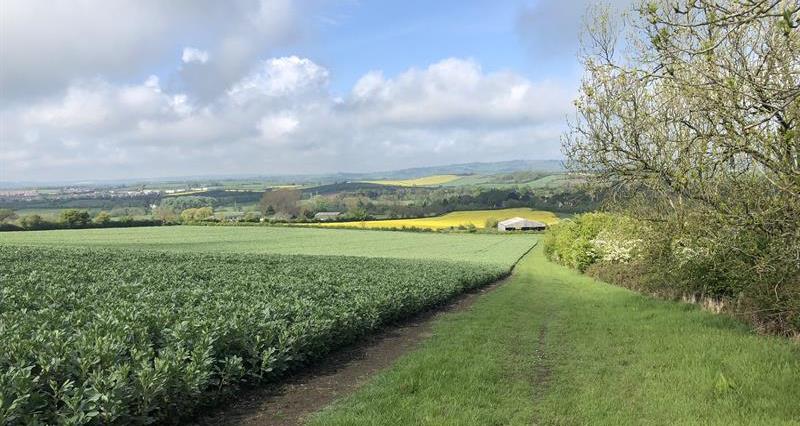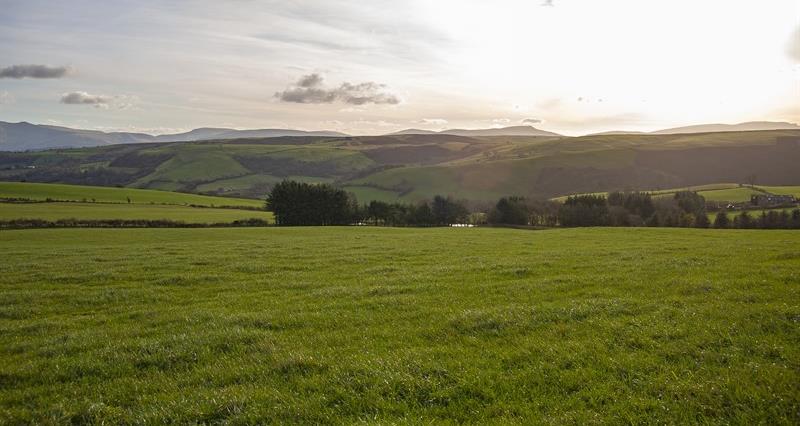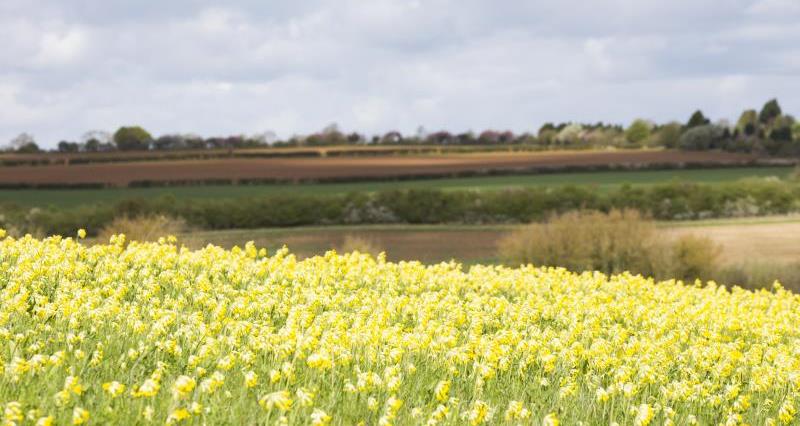Latest news
In September, the new CSHT (Countryside Stewardship Higher Tier) service will open for applications to those who have been invited to apply, have received pre-application advice and have completed any preparatory work. The final guidance will be published before then.
The first step on making an application is receiving pre-application advice. Invites are sent out by the RPA for pre-application advice, and you are encouraged to respond.
On 10 December Defra published more information on the new CSHT (Countryside Stewardship Higher Tier) offer. The scheme will have a rolling application window, quarterly payments and a streamlined online application process. Initially, applicants will be invited to apply.
Defra has hosted a webinar and Q&A for farmers and land managers to learn more about CSHT and the pre-application process. To watch the webinar recording and read responses to key questions, visit Defra’s farming blog.
To watch the CSHT woodland specific webinar, visit the Forestry Commission’s YouTube channel.
The following information is based on Defra’s ‘preview guidance’ published on 10 December 2024. This does not provide the full scheme rules for applicants and the details may change. This is no substitute for reading the full scheme rules.
Timelines for delivery
CSHT will begin with a controlled roll out. This will give the RPA and Defra the ability to address issues before the scheme is more widely available. This is the first time the Rural Payments Service has been used for online CSHT applications.
CSHT is a more complex scheme than SFI, with bespoke agreements being developed with the input of Natural England or the Forestry Commission. This development work needs to happen before the application can be submitted. This is the pre-application phase.
The first step on making an application is receiving pre-application advice. Invites are sent out by the RPA for pre-application advice, and you are encouraged to respond.
Natural England or the Forestry Commission will provide pre-application advice. Priority will be given to CSHT agreements expiring at the end of 2025 and applicants with an implementation plan in place (eg, agro-forestry plan).
CSHT and HLS agreements expiring later will be contacted closer to the agreement end date.
You will need to be invited to receive pre-application advice. Not everyone that would like to apply will be able to do so when CSHT opens.
If you are considering applying, you can access six capital items to support the development of agreements.
The online application system should be available from September for those that have developed an application.
CS Higher Tier offer
CSHT will support land management to protect, restore and enhance the environment or contribute to the mitigation of climate change. It will support important environmental and historic sites (eg, sites of special scientific interest) and priority habitats.
A CSHT agreement can combine land management actions (previously known as options) and capital items. The 2025 offer is made up of 99 base actions, 33 supplements (that need an appropriate base action) and 151 capital items. Some of the CSHT actions are similar to those SFI. In CSHT they can be adapted to the needs of the site.
To be eligible you need to have management control to deliver the action.
CSHT agreements are bespoke agreements to meet the local environmental requirements. They require the input of Natural England or the Forestry Commission (or both) to develop the actions.
CSHT agreements will last for 5, 10, 15 or 20 years. The agreement length will be determined by the longest duration action.
The scheme will have a rolling application window with monthly start dates, quarterly payments and a streamlined online application process.
Eligibility
Farmers and land managers are eligible to apply. Common land applications must be submitted by a ‘single entity’ in a separate agreement.
Applicants need to have management control of the land they want to enter into agreement, for the duration of the agreement. You cannot be paid twice for the same activity.
Tenants can apply. The tenant may need to secure landlord consent prior to applying. It’s not possible to have a joint landlord/ tenant application.
Each action then has its own eligibility requirements. Before applying, it is important to check land use and land covers requested on the Rural Payments Service are compatible with the actions.
Applicants will be required to include SSSI (sites of special scientific interest) land and scheduled monuments (if not in an agreement).
A new Countryside Stewardship HEFER (Historic Environment Farmed Environment Record) will be created when you are invited to apply for CSHT. This should inform your application.
Capital items
Capital items will form part of a Higher Tier agreement. There are 145 available. You have three years to complete these capital items.
In addition, there are six capital items available to support the development of an application. You can apply through the existing capital grants application process for these items:
- PA1: Implementation plan – may be required to plan what you need to do to create or restore habitats or features.
- PA2: Feasibility study – may be required to plan what you need to do to create or restore habitats or features.
- PA3: Woodland management plan – required for woodland actions and some capital items.
- PA4: Agroforestry plan – required for agroforestry actions and relevant capital items.
- PA5: Moorland mapping – useful to map your moorland and record important habitats and features to plan the management actions and capital items for them.
- PA7: Species management plan – may be required to plan management actions and some capital items to control invasive species, such as grey squirrels.
Compatibility with other schemes
You can apply for SFI alongside your CSHT application for actions that do not need to be adapted to your land.
If you want to apply for SFI, you should apply separately. You will need to check the relevant scheme guidance to make sure you’re eligible to apply for both schemes on the same land and actions are compatible.
If the actions are compatible, its also possible to enter land in an CS Mid Tier agreement into CSHT. Land in HLS agreements is not compatible with CSHT.
You cannot use a CSHT grant for activities which you are required to carry out under other legally binding obligations.
This includes private contractual obligations for which you are receiving or have received funding from other sources. This means land in a Landscape Recovery project that is being implemented is unlikely to be eligible
Rotational actions
Provisions will be made for rotational actions, with an annual declaration process to accommodate changes to action locations.
Limited area actions
SFI has a number of actions, which in combination, are limited to 25% of the farm. The limited area also applies to some CSHT actions where these are similar to SFI actions with a limited area.
These six actions are:
- CAB18: Flower-rich grass margins, blocks, or in-field strips (on arable land or permanent crops)
- CAB19: Pollen and nectar flower mix
- CAB17: Winter bird food on arable and horticulture land
- CAB16: Bumblebird mix
- CAB10: Unharvested cereal headland
- CAB11: Cultivated areas for arable plants


